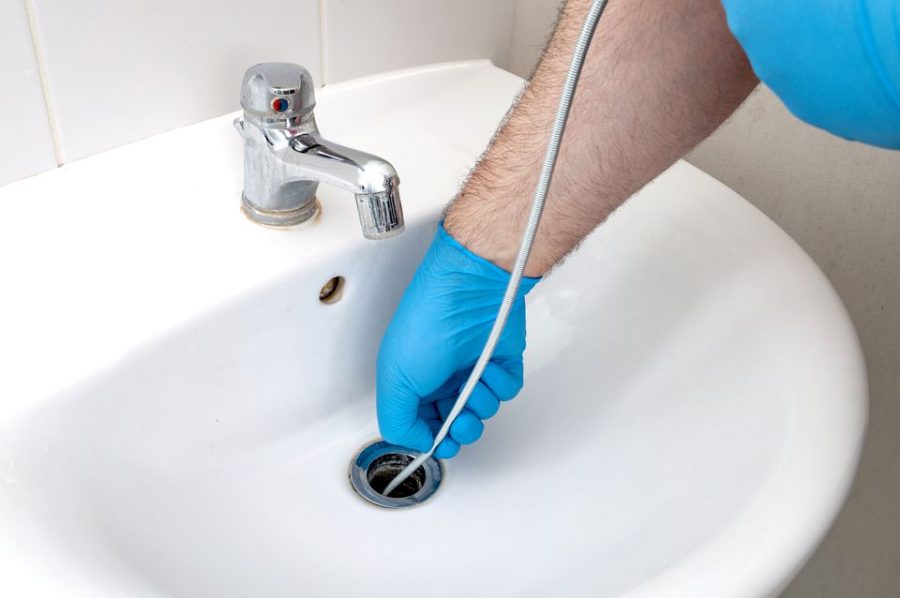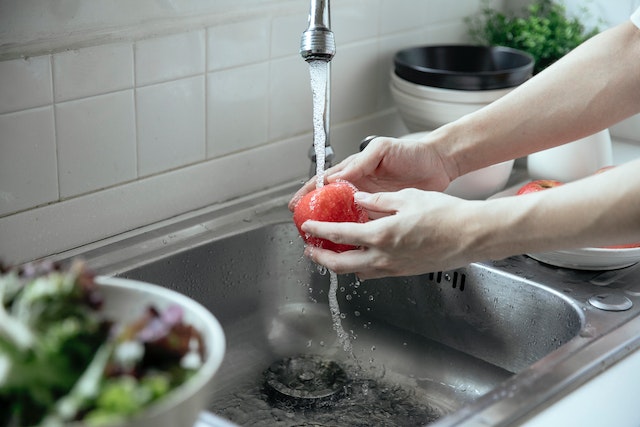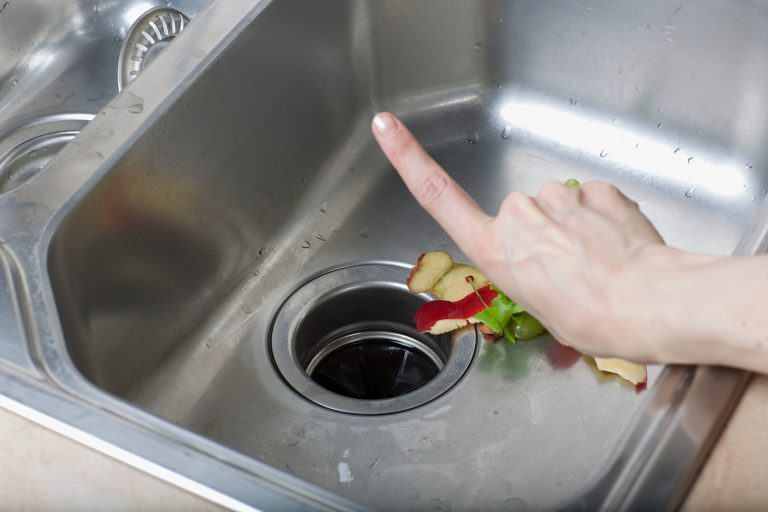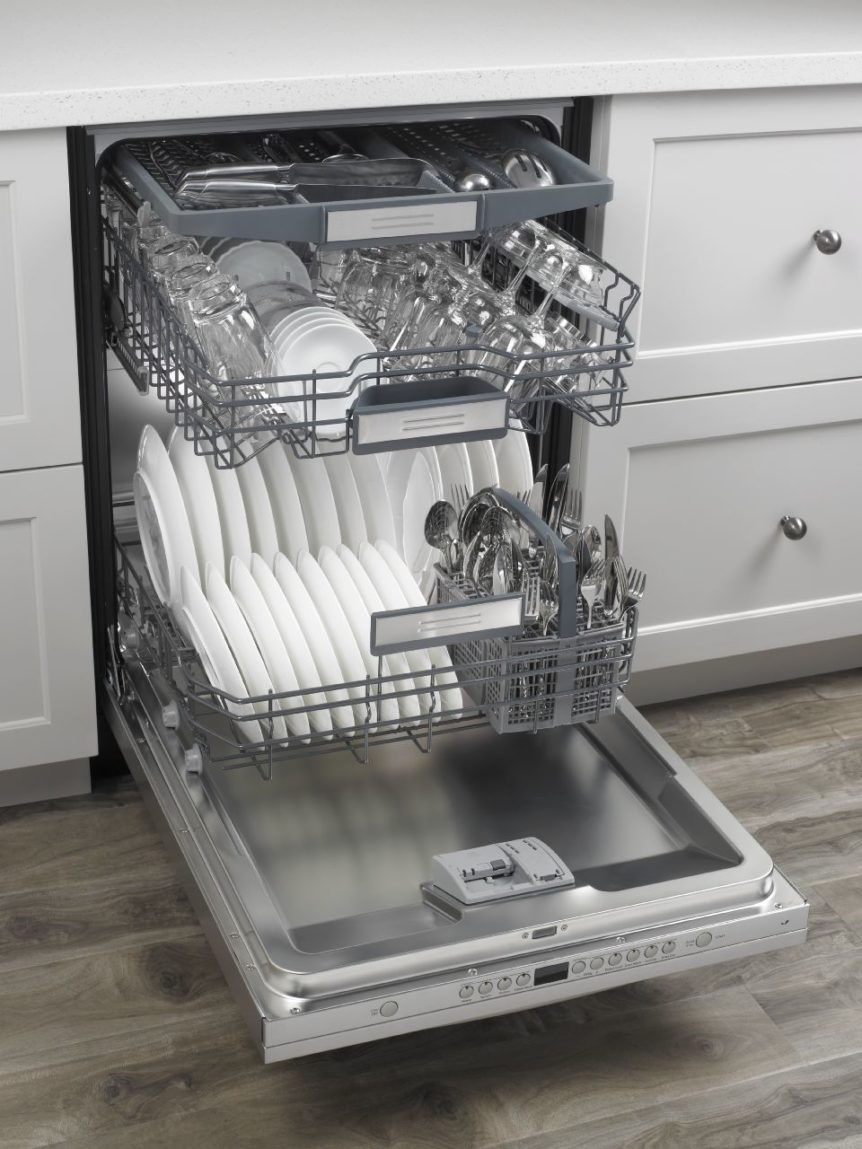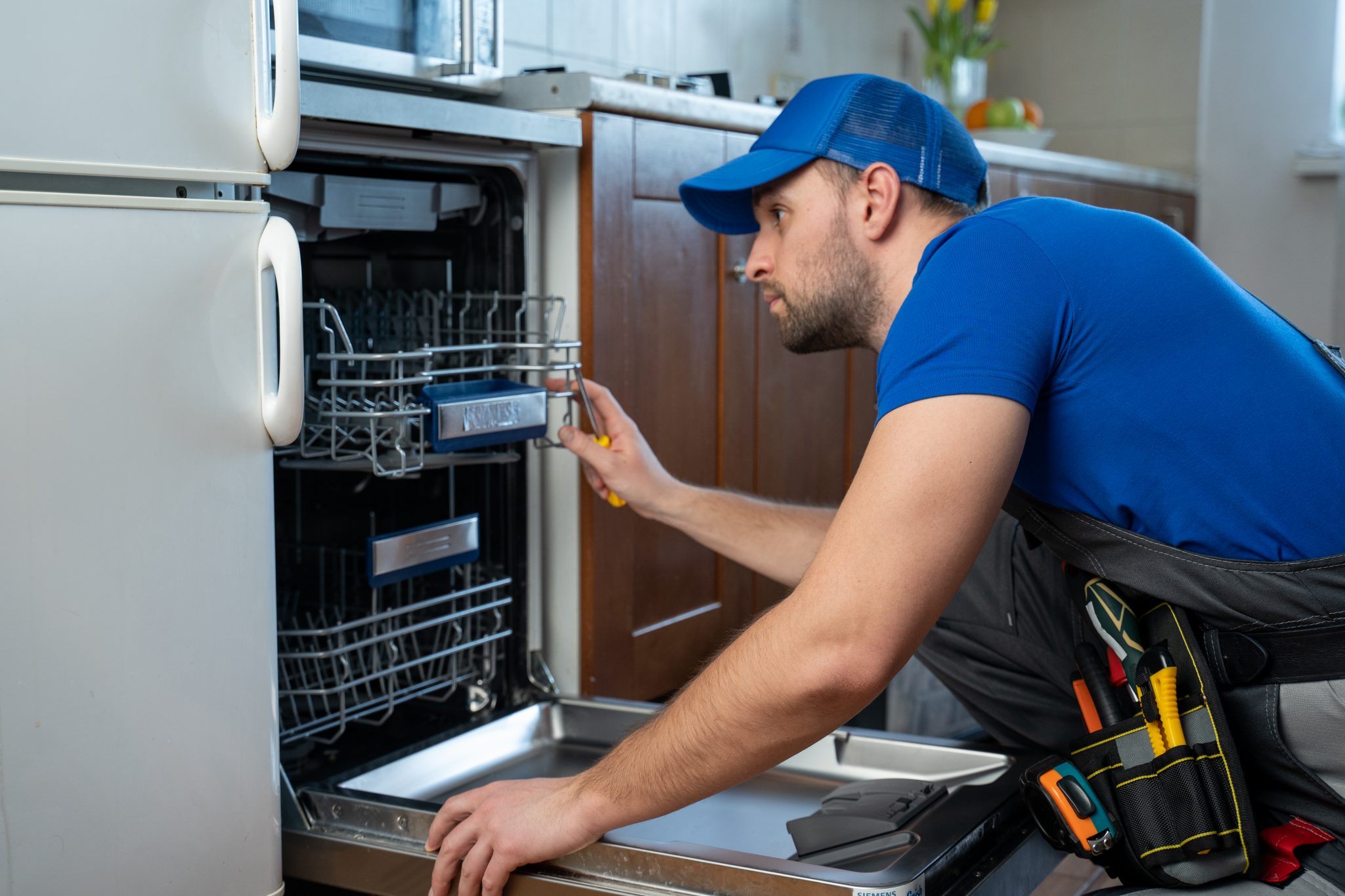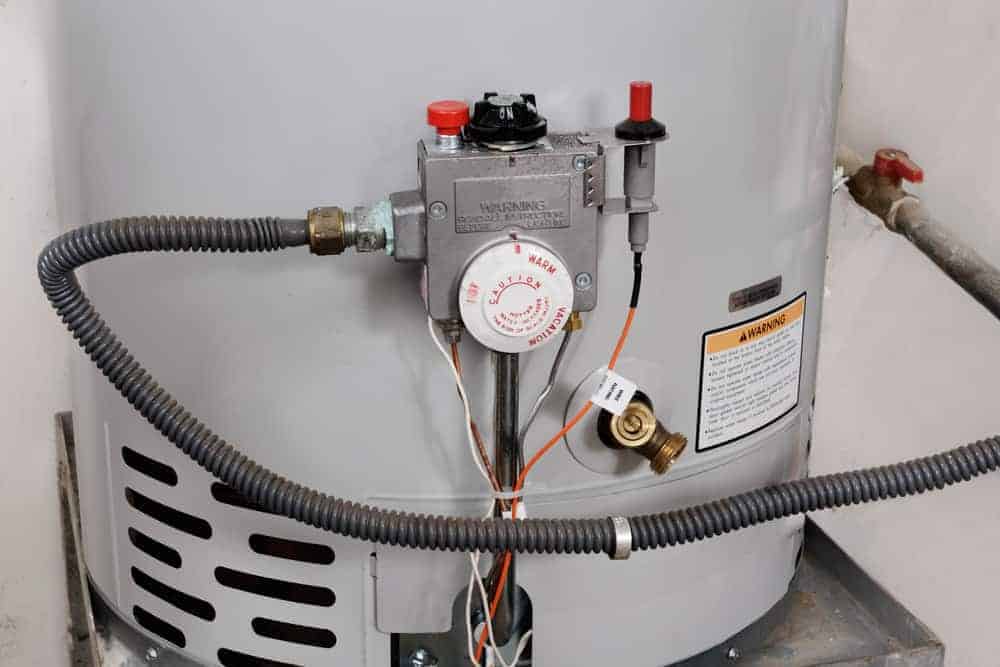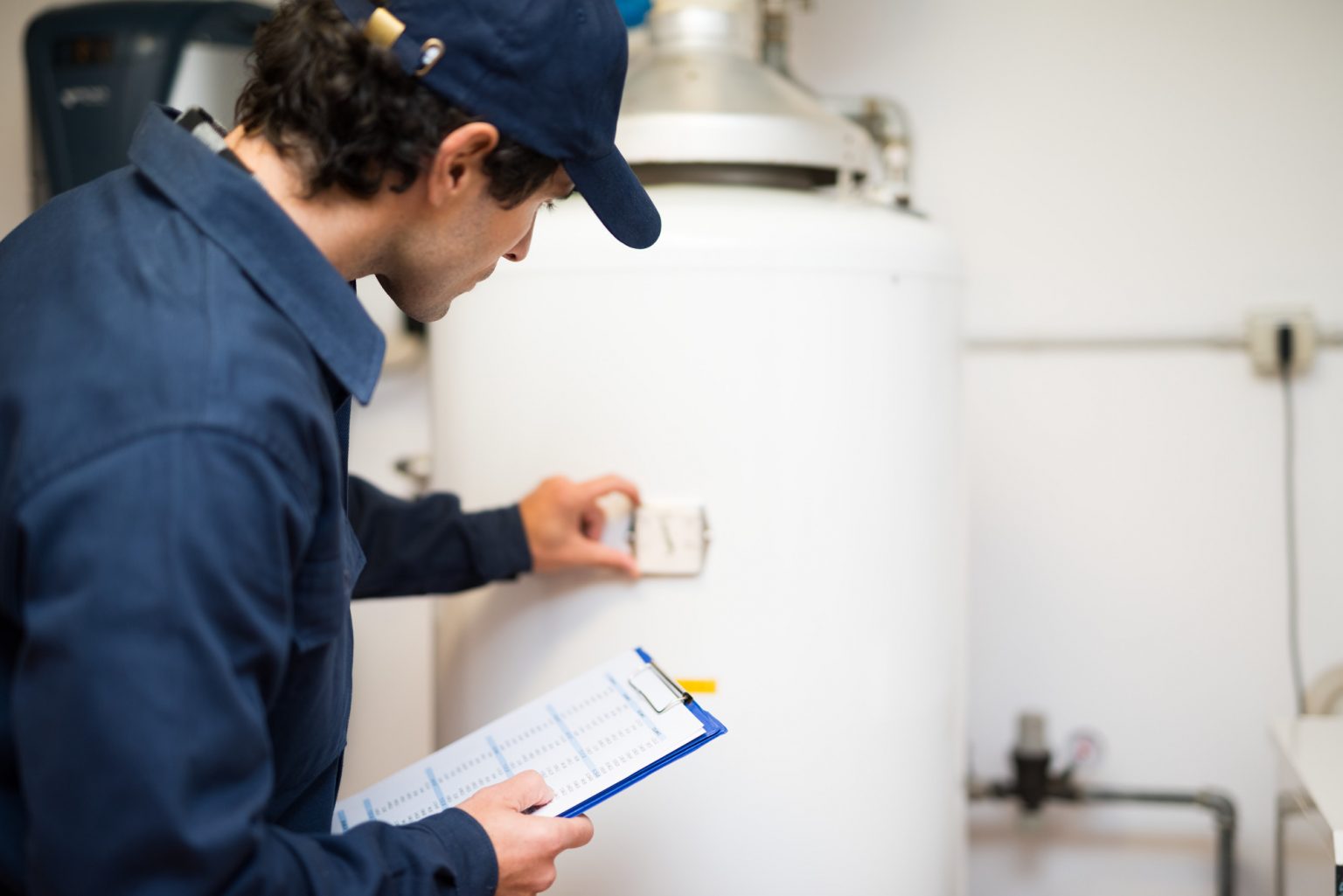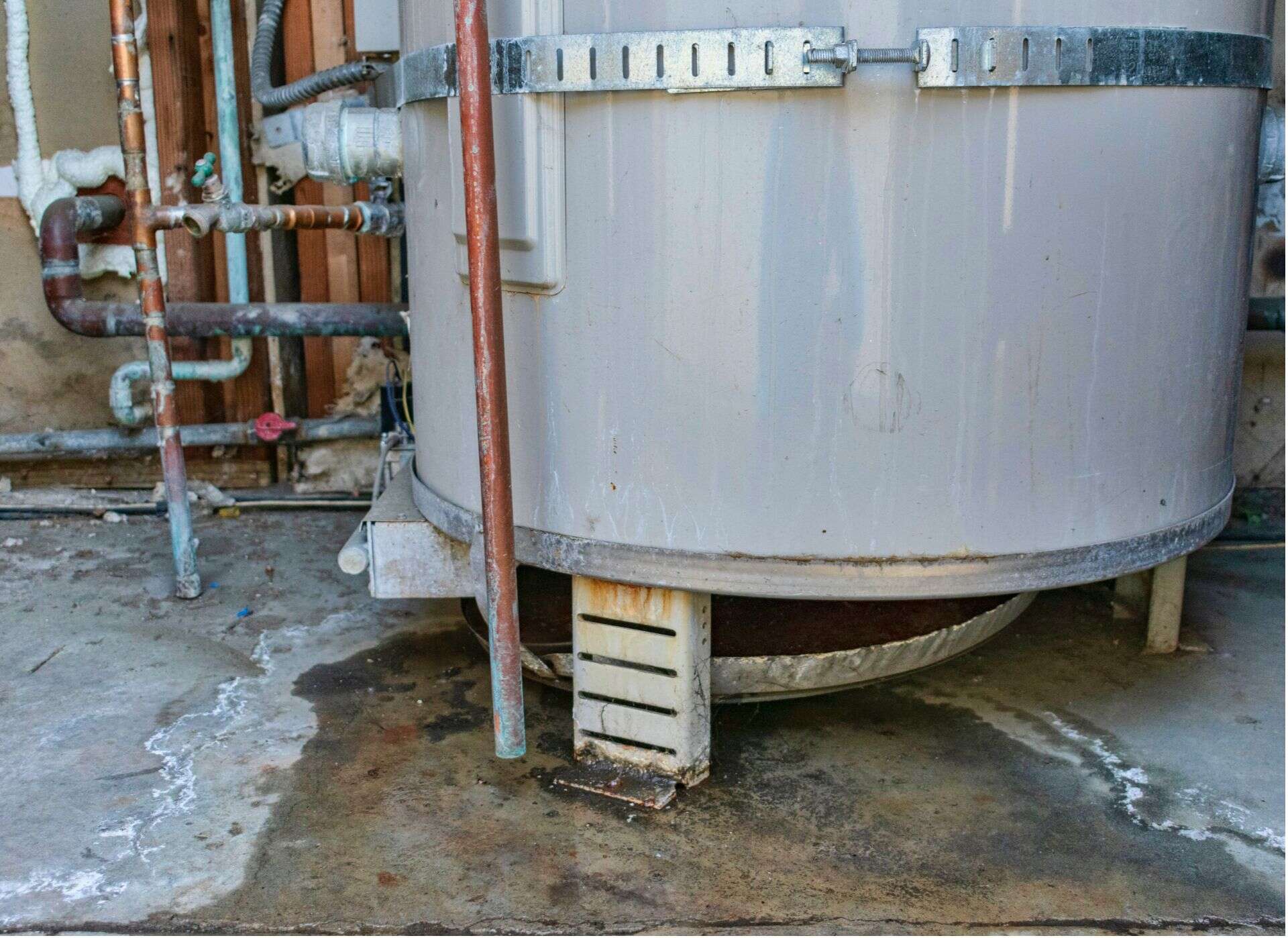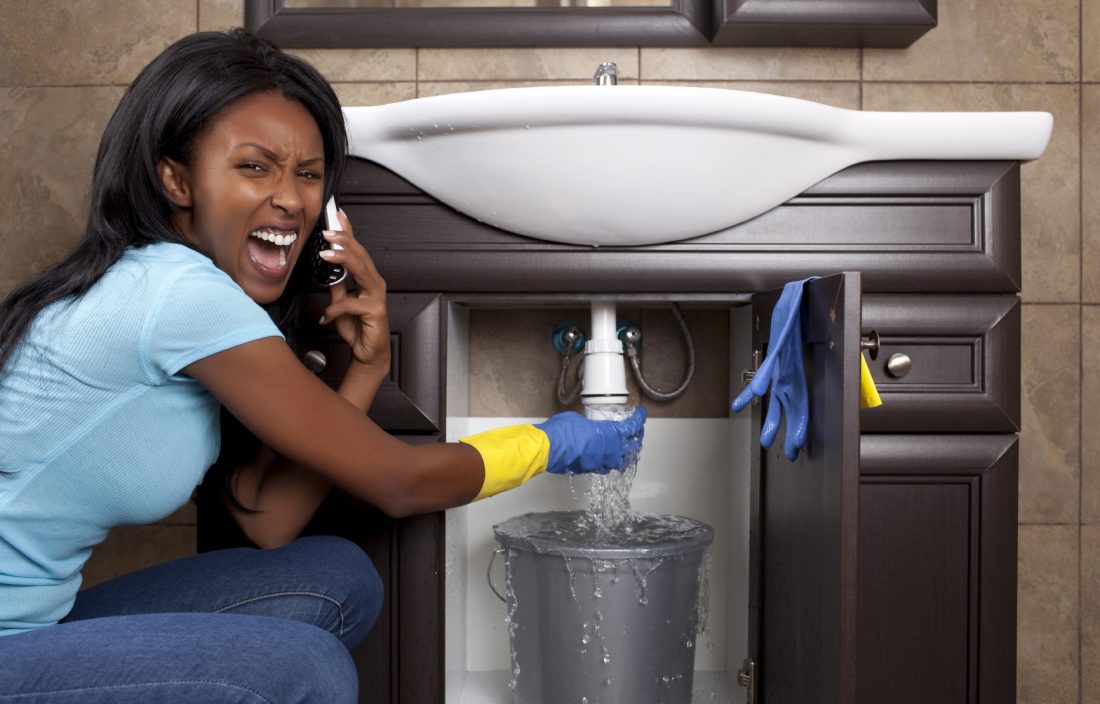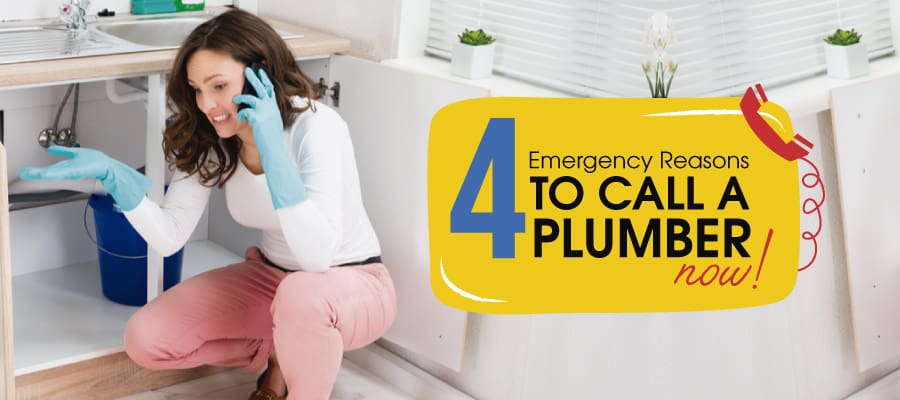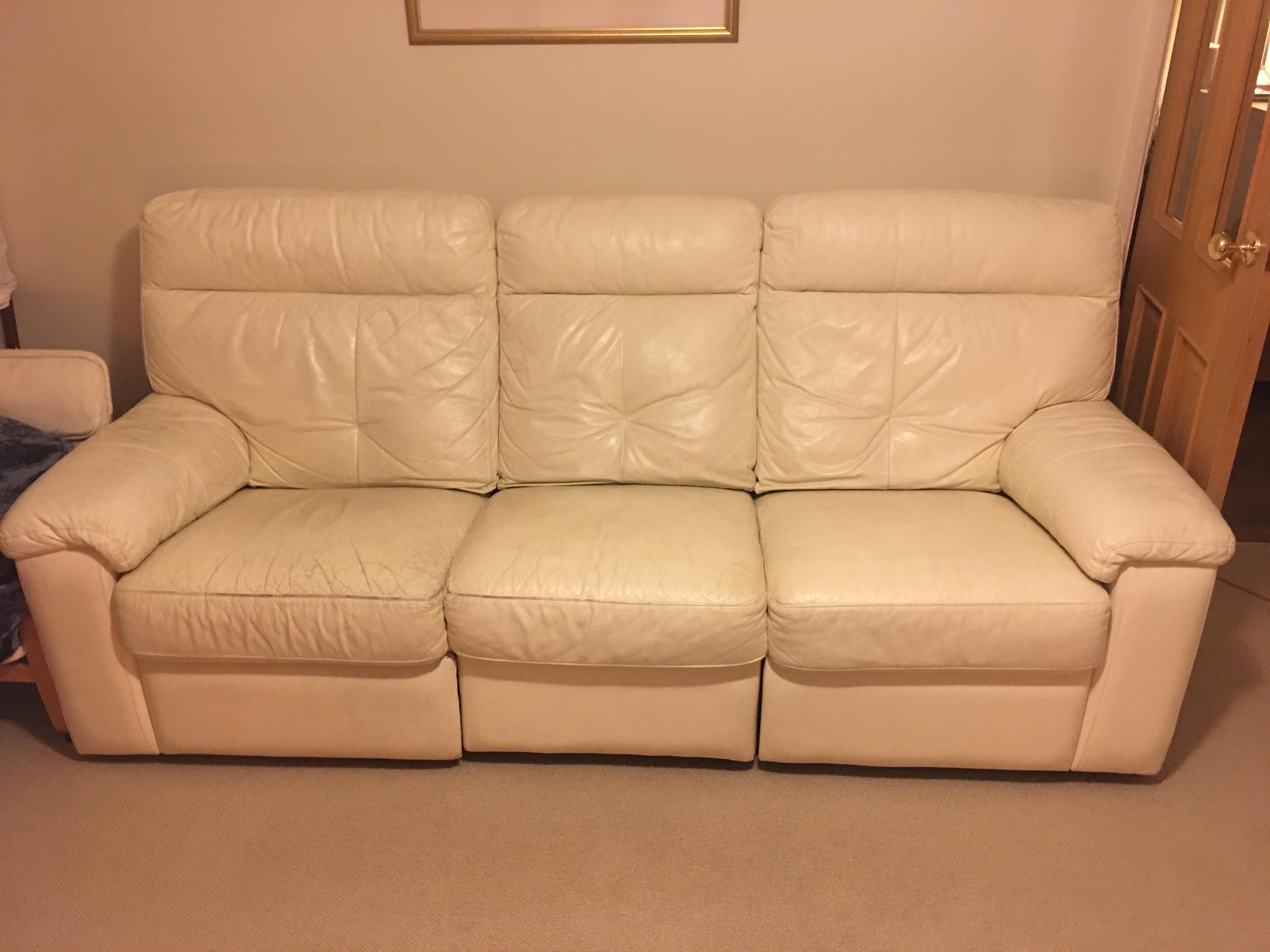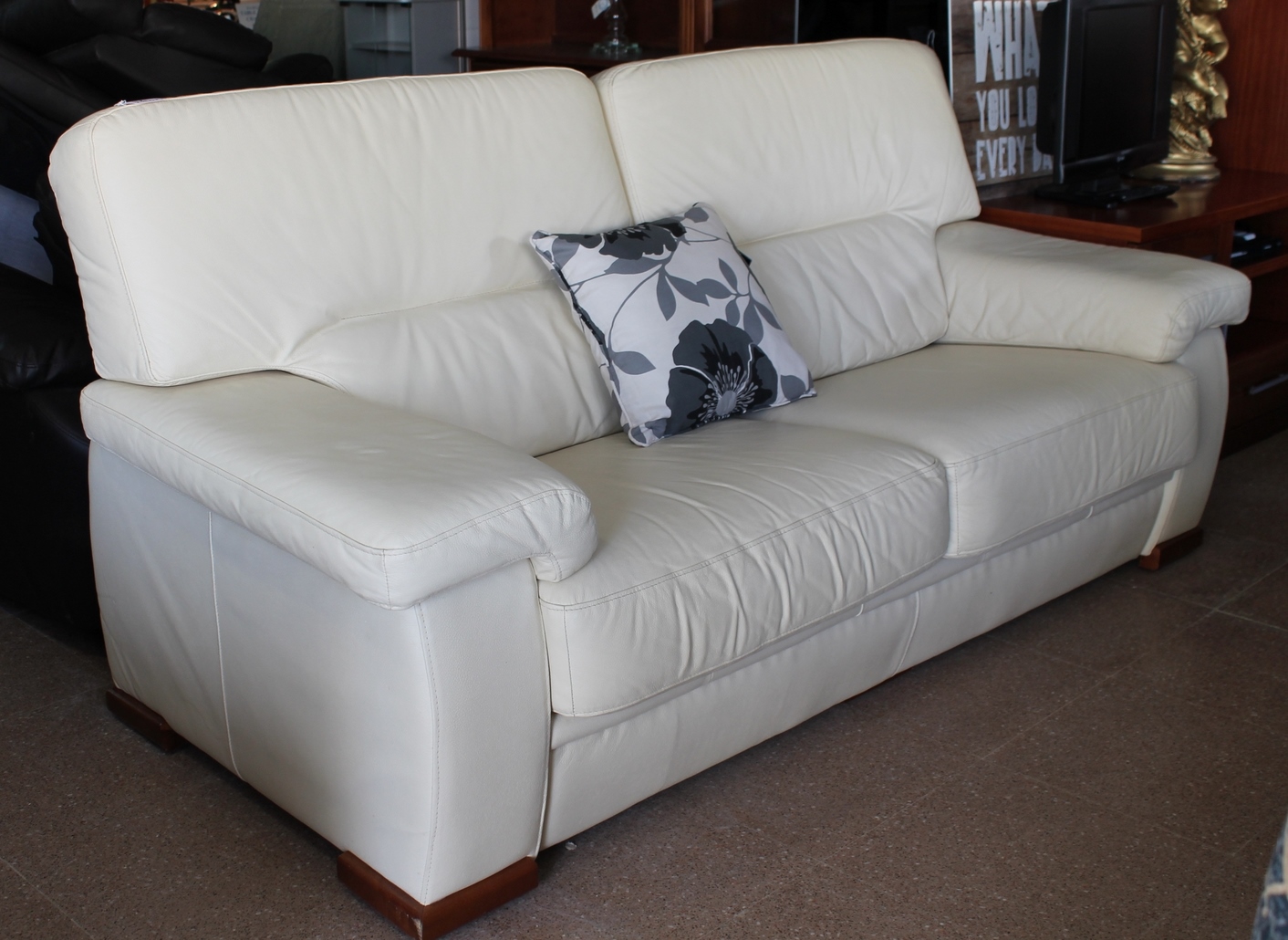If your kitchen sink suddenly stops working, the first thing you should do is check the water supply. Make sure that the water supply valve is turned on and that there are no issues with the water line. Sometimes, a simple issue with the water supply can lead to a bigger problem with your kitchen sink. If everything seems to be in working order, move on to the next step.Check the water supply
If the water supply seems to be fine, the next thing you should do is check the faucet handle. Sometimes, the handle may be loose or broken, causing the water to not turn on. Tighten or replace the handle if needed. If the handle seems to be in good condition, move on to the next step.Check the faucet handle
The aerator is the small screen at the end of your faucet that helps to control the water flow and prevent splashing. Over time, it can become clogged with mineral deposits or debris, causing the water to not turn on. Remove the aerator and clean it with a brush or soak it in vinegar to remove any buildup. Replace the aerator and test the water flow.Check the aerator
There are usually two shut-off valves under your kitchen sink that control the flow of water to the faucet. One valve controls the hot water and the other controls the cold water. Make sure both valves are in the open position. If one or both valves are closed, this could be the reason why your kitchen sink is not getting any water.Check the shut-off valves
If your kitchen sink is still not getting any water, it could be due to low water pressure. Check the water pressure by turning on other faucets in your home. If they also have low water pressure, the issue may be with your main water supply. If only your kitchen sink has low water pressure, there may be a clog in the pipes leading to the sink.Check the water pressure
If you suspect a clog in the pipes, use a plunger or a drain snake to clear the blockage. You can also try pouring hot water and baking soda down the drain to help break up any buildup. If the clog is stubborn and cannot be cleared, it may be time to call a professional plumber.Check the pipes for clogs
If your kitchen sink is connected to a garbage disposal, it's possible that the disposal is clogged or jammed, preventing the water from draining properly. Turn off the power to the disposal and check for any blockages. You can also try resetting the disposal by pressing the reset button on the bottom or side of the unit.Check the garbage disposal
If your kitchen sink shares a drain with your dishwasher, a clog in the dishwasher may be causing the water to back up into the sink. Run the dishwasher and check if the water is draining properly. If not, there may be a clog in the dishwasher's drain hose or filter that needs to be cleared.Check the dishwasher
If your kitchen sink is only having issues with hot water, the problem may be with your hot water heater. Check the temperature and pressure settings on the heater and make sure they are at the recommended levels. If the issue persists, it may be time to have a professional inspect and repair your hot water heater.Check the hot water heater
If you have gone through all of the steps above and your kitchen sink still won't turn on, it may be time to call a professional plumber. The issue may be more complex and require specialized tools and expertise to fix. Research and hire a reputable plumber who can help diagnose and resolve the issue with your kitchen sink.Call a plumber
Troubleshooting: Why the Water in Your Kitchen Sink Won't Turn On
:max_bytes(150000):strip_icc()/water-overflowing-in-kitchen-sink-200553937-001-5797e6335f9b58461f5a6736.jpg)
Possible Causes of the Problem
 If you find yourself standing in front of your kitchen sink, desperately trying to turn on the tap but nothing happens, there could be a few different reasons why. One of the most common reasons is a clogged aerator, which can easily be fixed by cleaning or replacing it. Another possibility is a malfunctioning faucet cartridge, which can also be fixed with a replacement.
Other potential causes include:
- A faulty valve: If the valve controlling the water flow to your sink is damaged or worn out, it may need to be replaced.
- A shut-off valve that is accidentally closed: This may seem obvious, but it's worth checking to make sure the shut-off valve under your sink is fully open.
- A broken water supply line: If the water isn't reaching your sink at all, there could be a break in the water supply line, which will need to be fixed by a professional.
- Low water pressure: If you're experiencing low water pressure throughout your home, the issue may be with your main water supply line or the municipal water supply.
If you find yourself standing in front of your kitchen sink, desperately trying to turn on the tap but nothing happens, there could be a few different reasons why. One of the most common reasons is a clogged aerator, which can easily be fixed by cleaning or replacing it. Another possibility is a malfunctioning faucet cartridge, which can also be fixed with a replacement.
Other potential causes include:
- A faulty valve: If the valve controlling the water flow to your sink is damaged or worn out, it may need to be replaced.
- A shut-off valve that is accidentally closed: This may seem obvious, but it's worth checking to make sure the shut-off valve under your sink is fully open.
- A broken water supply line: If the water isn't reaching your sink at all, there could be a break in the water supply line, which will need to be fixed by a professional.
- Low water pressure: If you're experiencing low water pressure throughout your home, the issue may be with your main water supply line or the municipal water supply.
Steps to Fix the Problem
 Now that you have an idea of what could be causing the issue, it's time to troubleshoot and fix it. Here are the steps you can take to get your kitchen sink running again:
1. Check the aerator:
The aerator is the small screen at the end of your faucet. Unscrew it and check for any debris or buildup that may be blocking the water flow. If it's clogged, clean or replace it.
2. Inspect the faucet cartridge:
The faucet cartridge controls the water flow and temperature. If it's damaged or worn out, it will need to be replaced. Refer to your faucet's manual for instructions on how to do this.
3. Check the shut-off valve:
Make sure the shut-off valve under your sink is fully open. If it's not, turn it to the open position.
4. Inspect the water supply line:
If the water isn't reaching your sink at all, there may be a break in the water supply line. This will require the help of a professional plumber.
5. Check the water pressure:
If you're experiencing low water pressure, contact your water provider to see if there are any issues with the main water supply line.
Now that you have an idea of what could be causing the issue, it's time to troubleshoot and fix it. Here are the steps you can take to get your kitchen sink running again:
1. Check the aerator:
The aerator is the small screen at the end of your faucet. Unscrew it and check for any debris or buildup that may be blocking the water flow. If it's clogged, clean or replace it.
2. Inspect the faucet cartridge:
The faucet cartridge controls the water flow and temperature. If it's damaged or worn out, it will need to be replaced. Refer to your faucet's manual for instructions on how to do this.
3. Check the shut-off valve:
Make sure the shut-off valve under your sink is fully open. If it's not, turn it to the open position.
4. Inspect the water supply line:
If the water isn't reaching your sink at all, there may be a break in the water supply line. This will require the help of a professional plumber.
5. Check the water pressure:
If you're experiencing low water pressure, contact your water provider to see if there are any issues with the main water supply line.
Preventing Future Problems
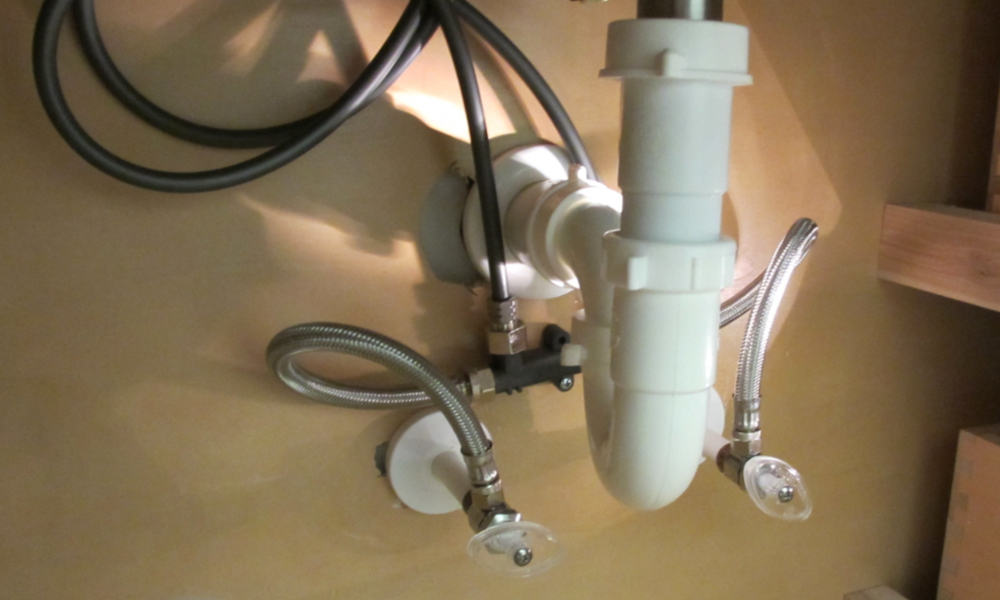 To prevent future issues with your kitchen sink tap, make sure to regularly clean the aerator and check the faucet cartridge for any signs of wear or damage. It's also important to be mindful of what you put down your sink to avoid clogs.
If you continue to experience problems with your kitchen sink tap, it may be time to consider upgrading to a new faucet. Look for models with a good warranty and easy maintenance to ensure a long-lasting and trouble-free experience.
To prevent future issues with your kitchen sink tap, make sure to regularly clean the aerator and check the faucet cartridge for any signs of wear or damage. It's also important to be mindful of what you put down your sink to avoid clogs.
If you continue to experience problems with your kitchen sink tap, it may be time to consider upgrading to a new faucet. Look for models with a good warranty and easy maintenance to ensure a long-lasting and trouble-free experience.
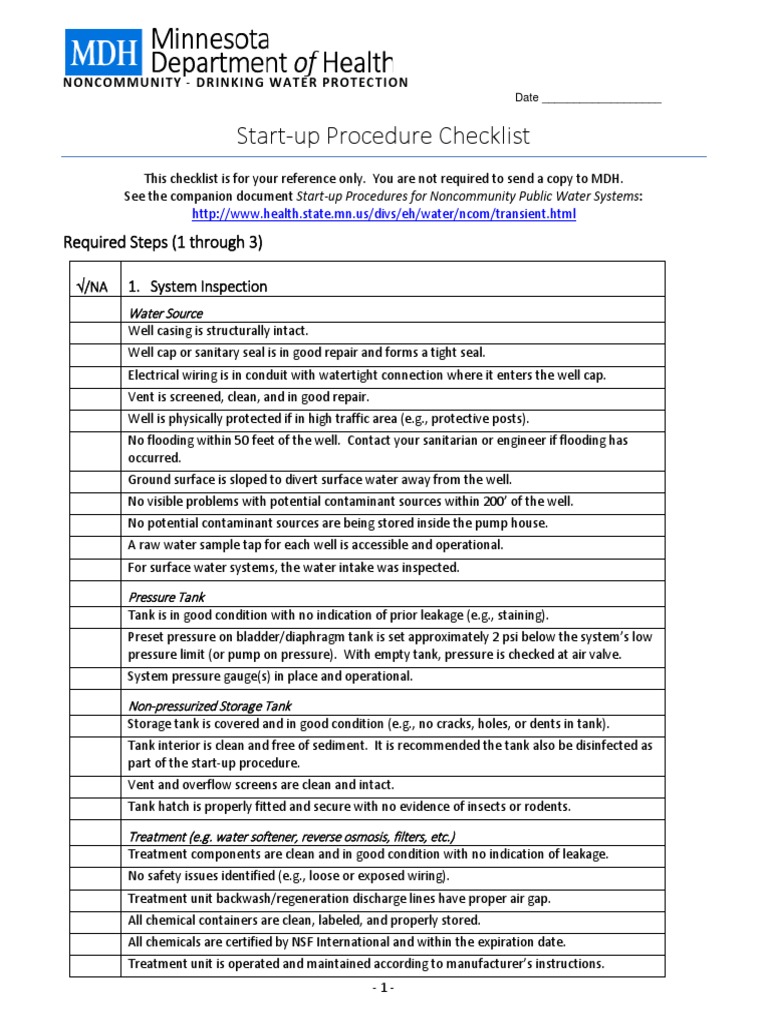

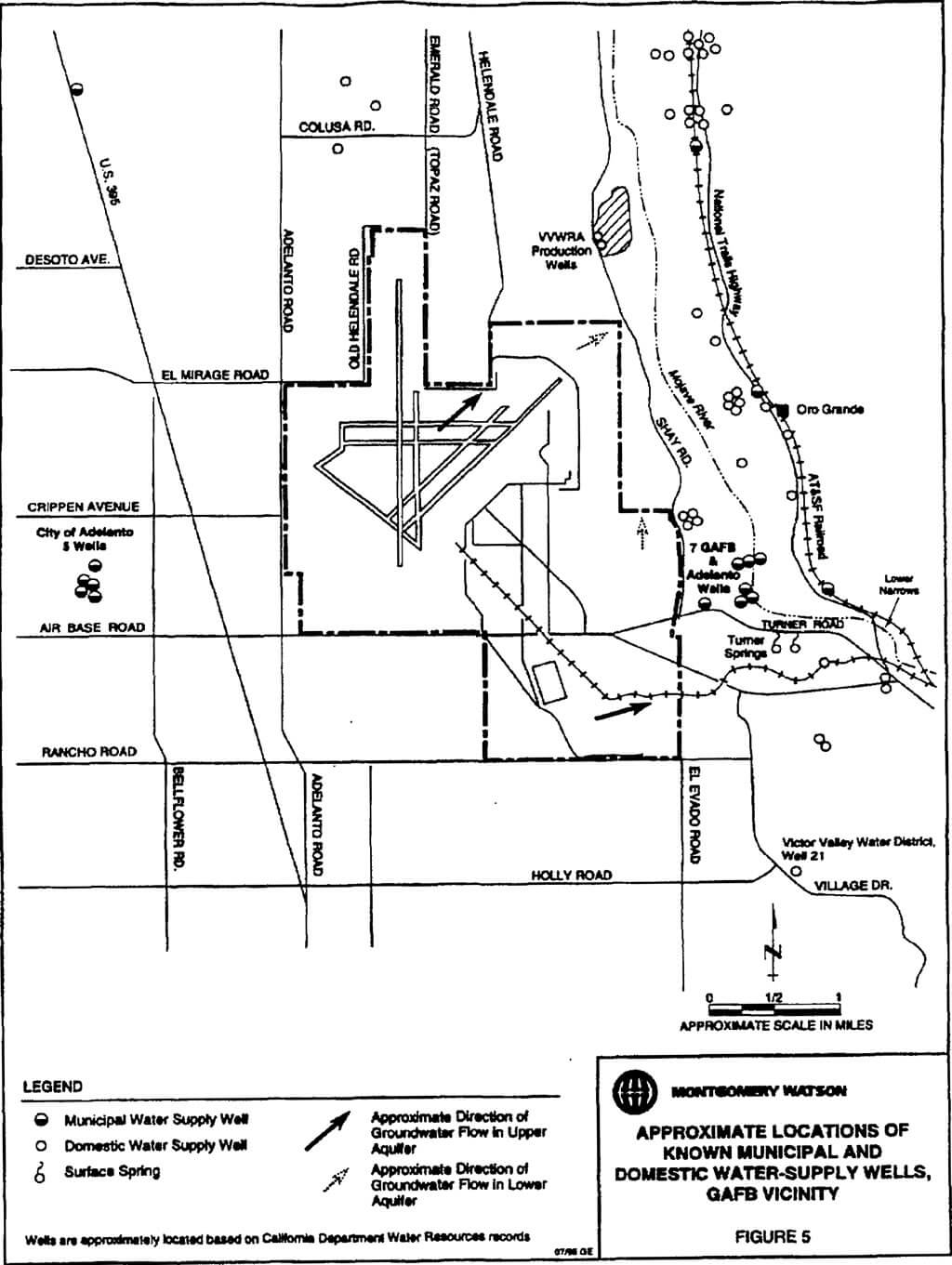
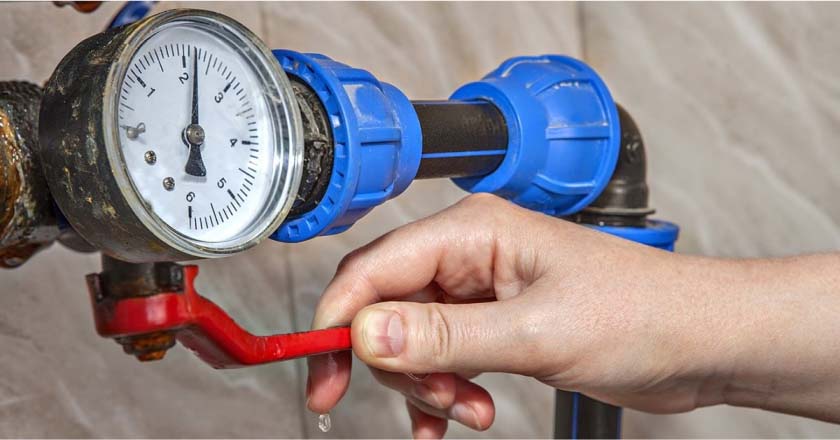
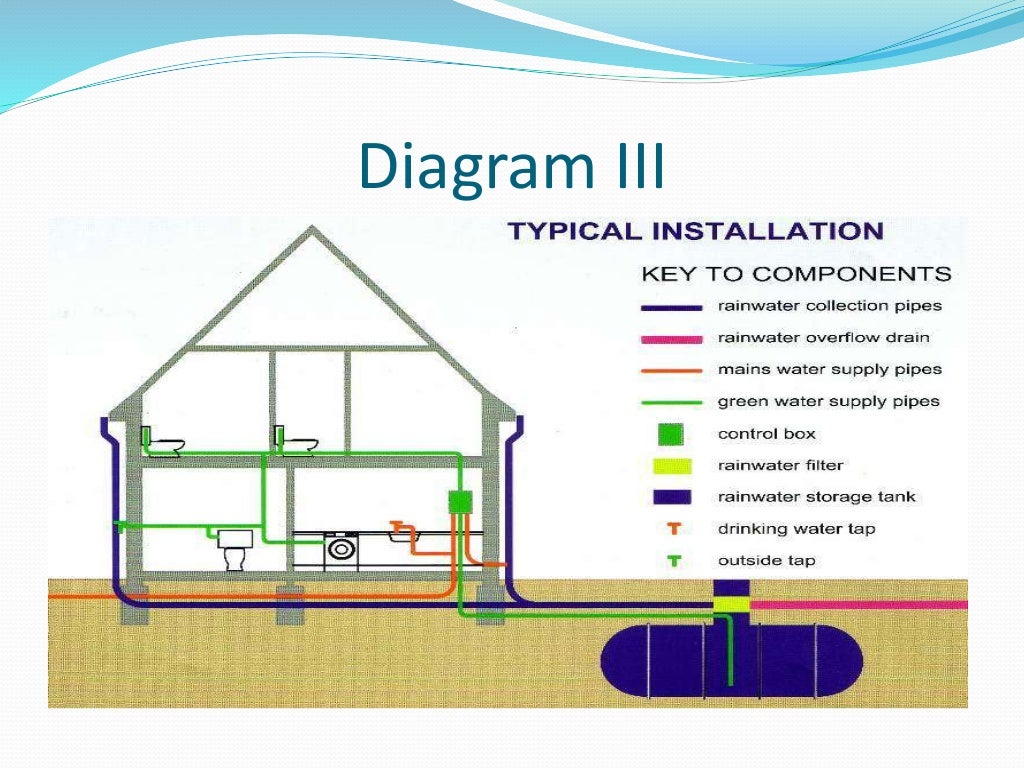


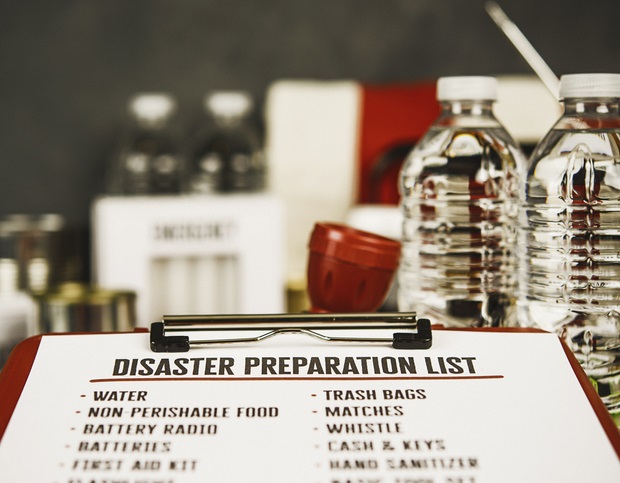


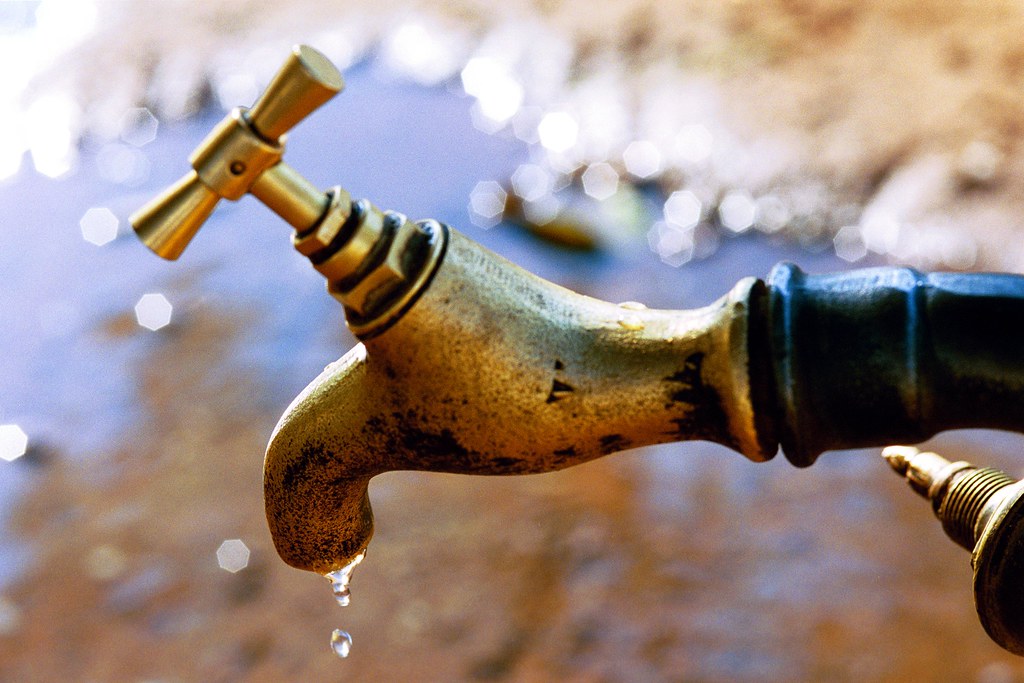
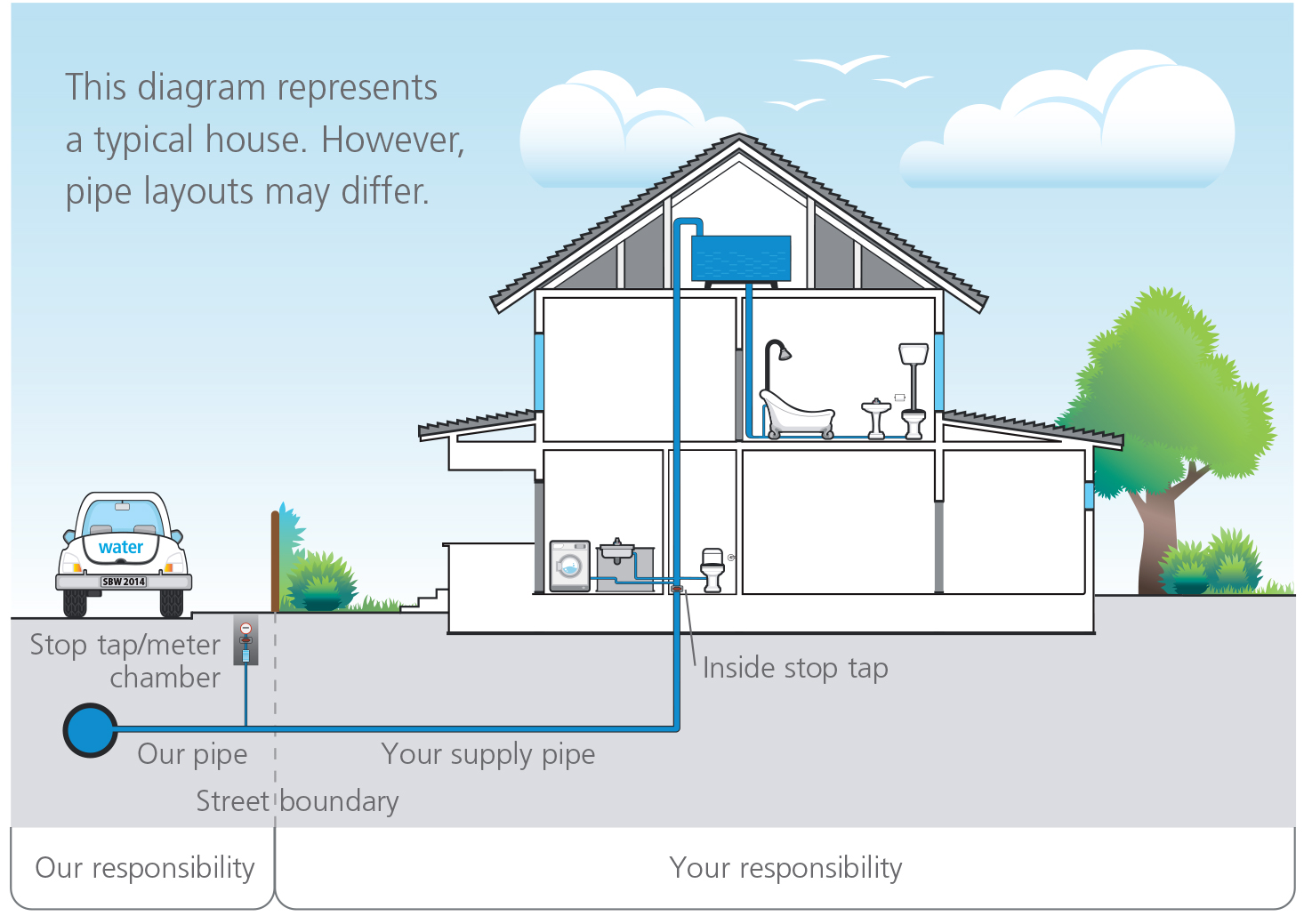


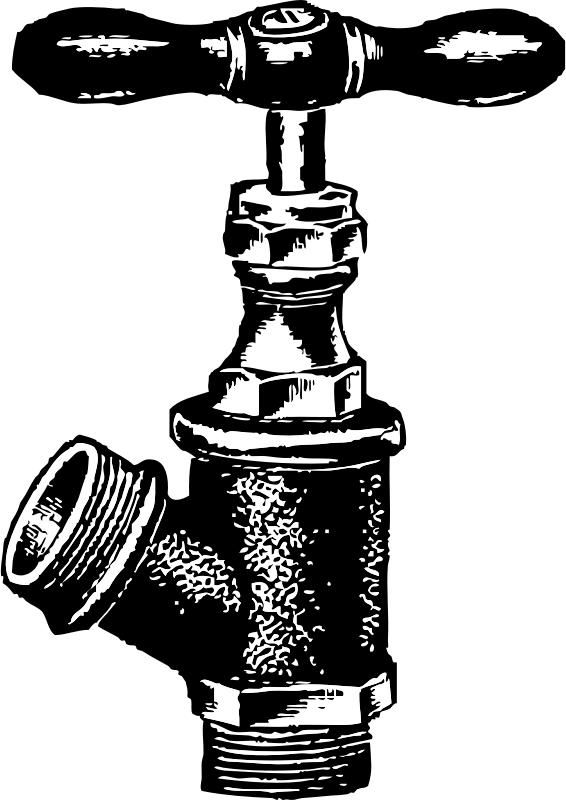
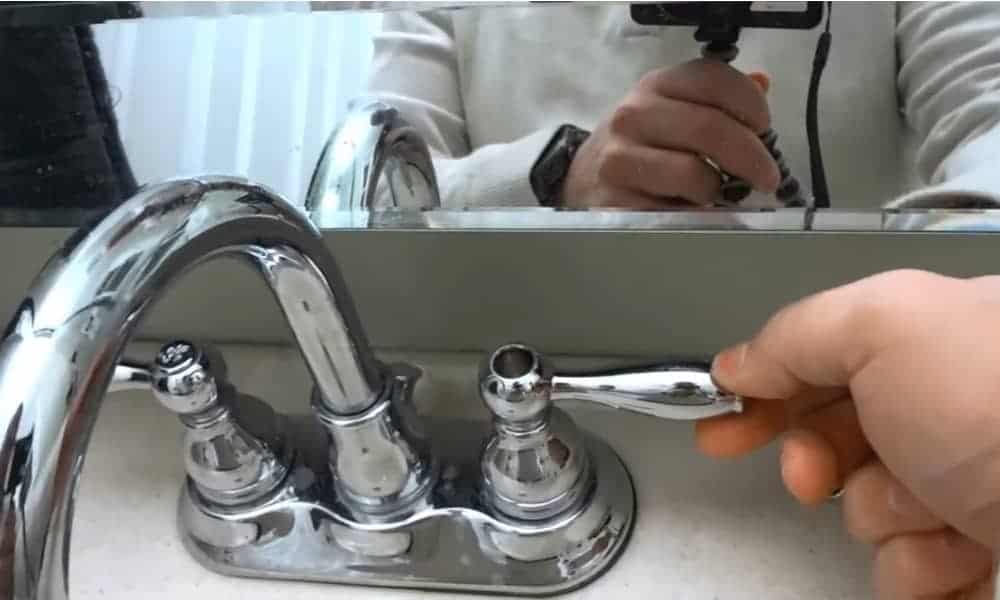


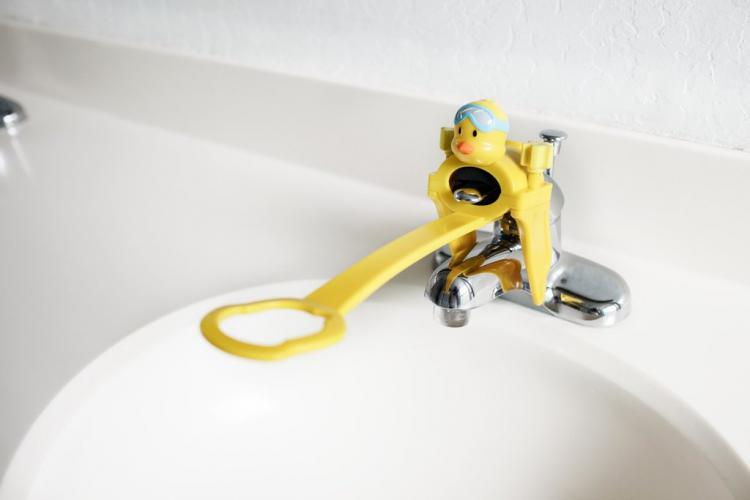
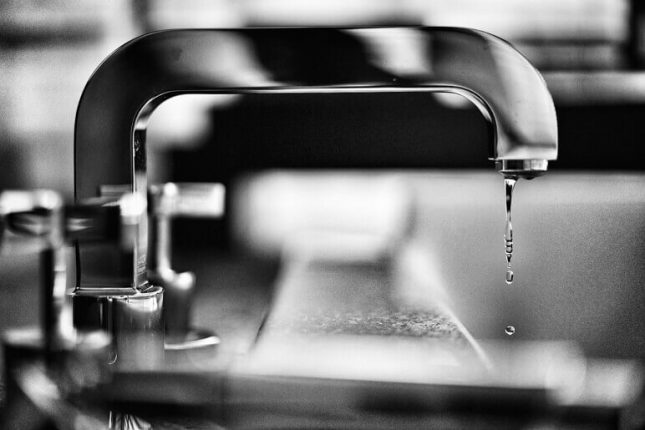






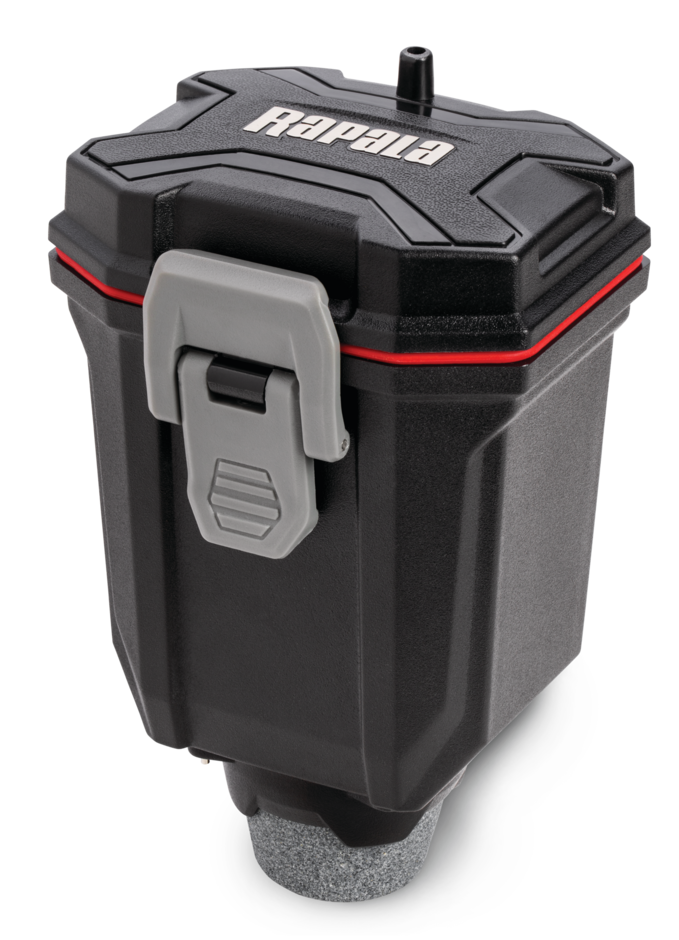
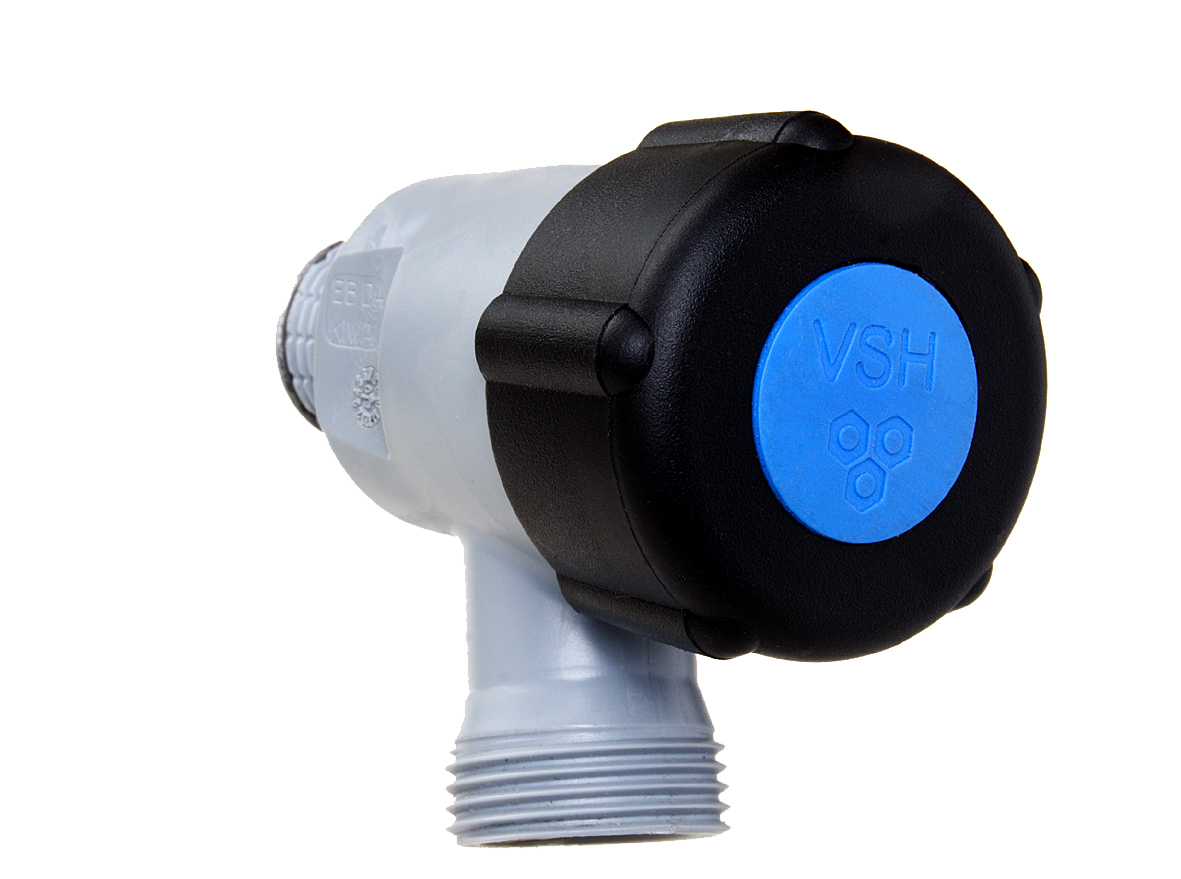







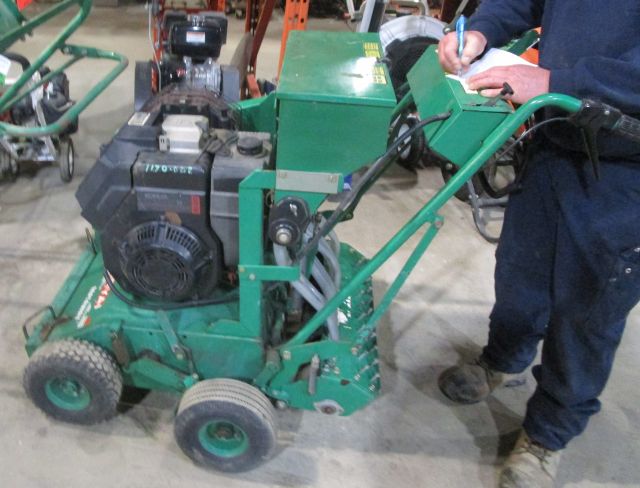
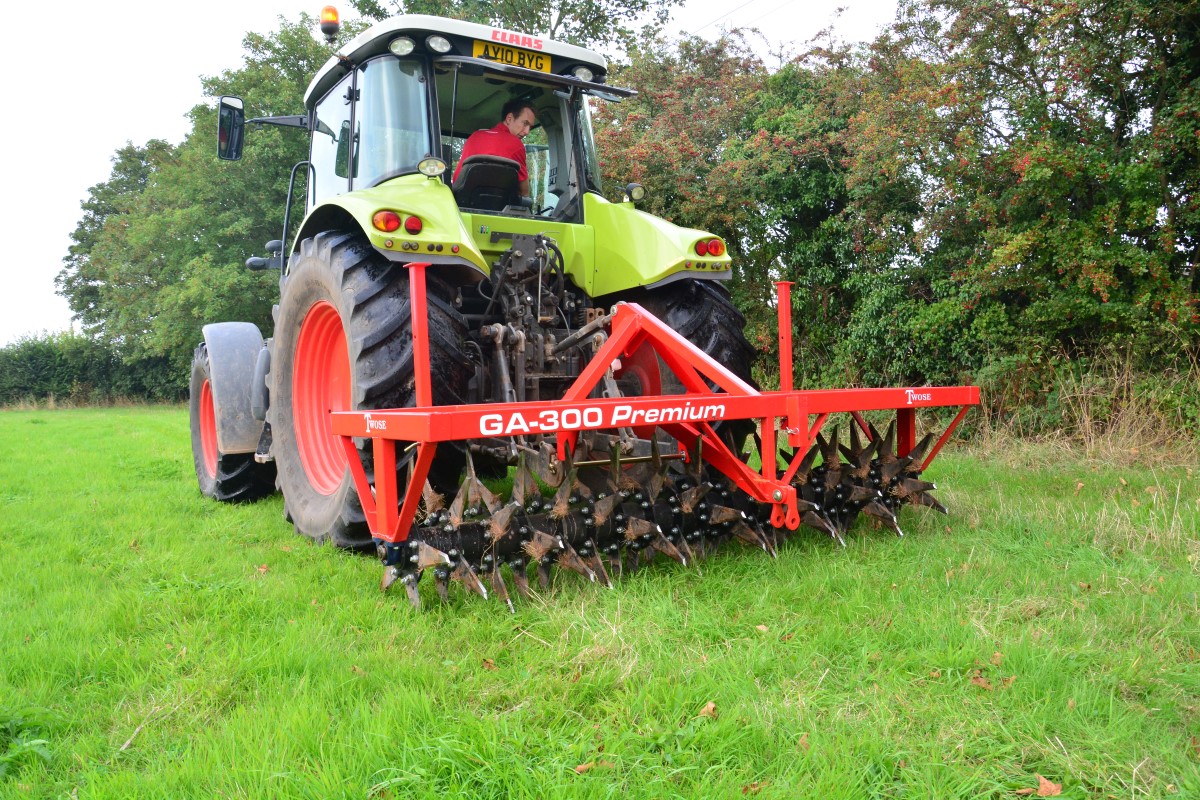

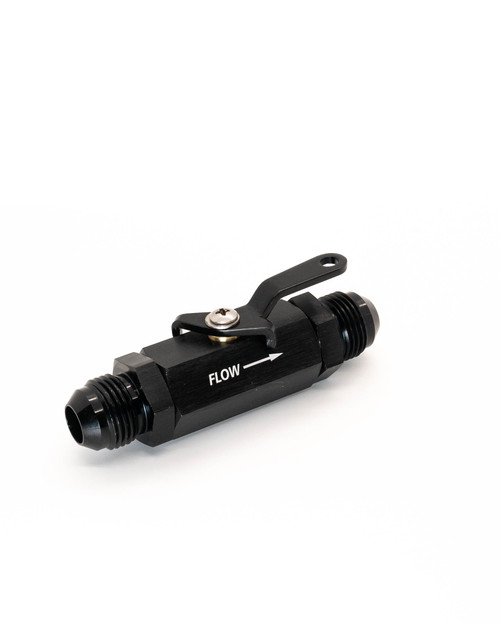
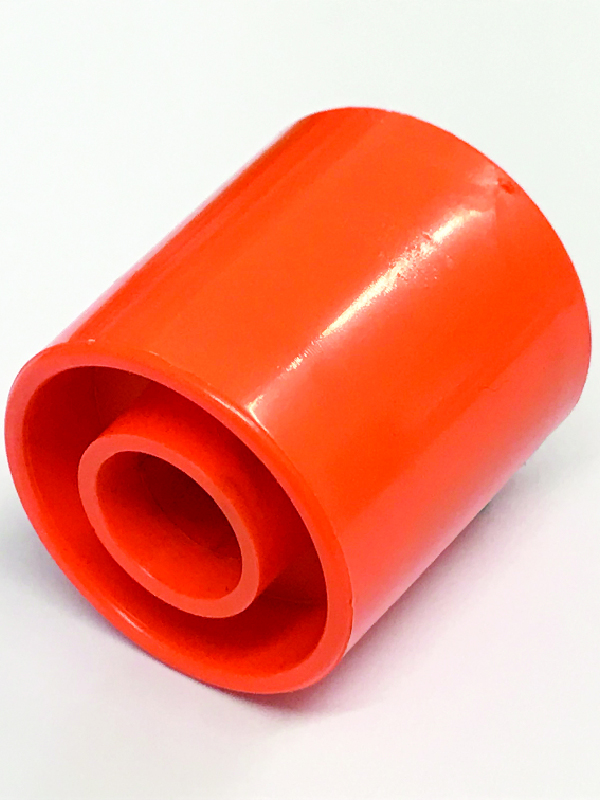
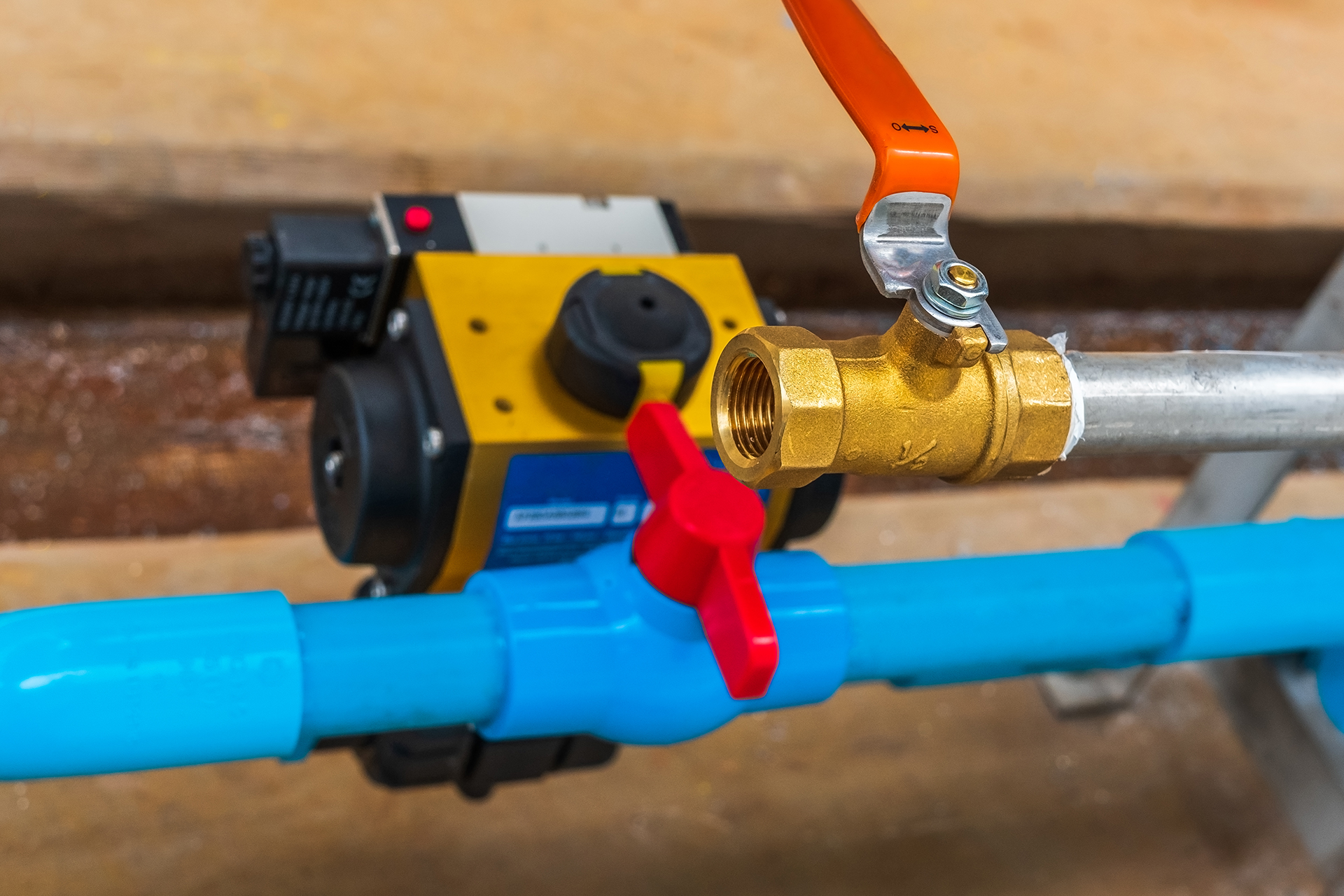
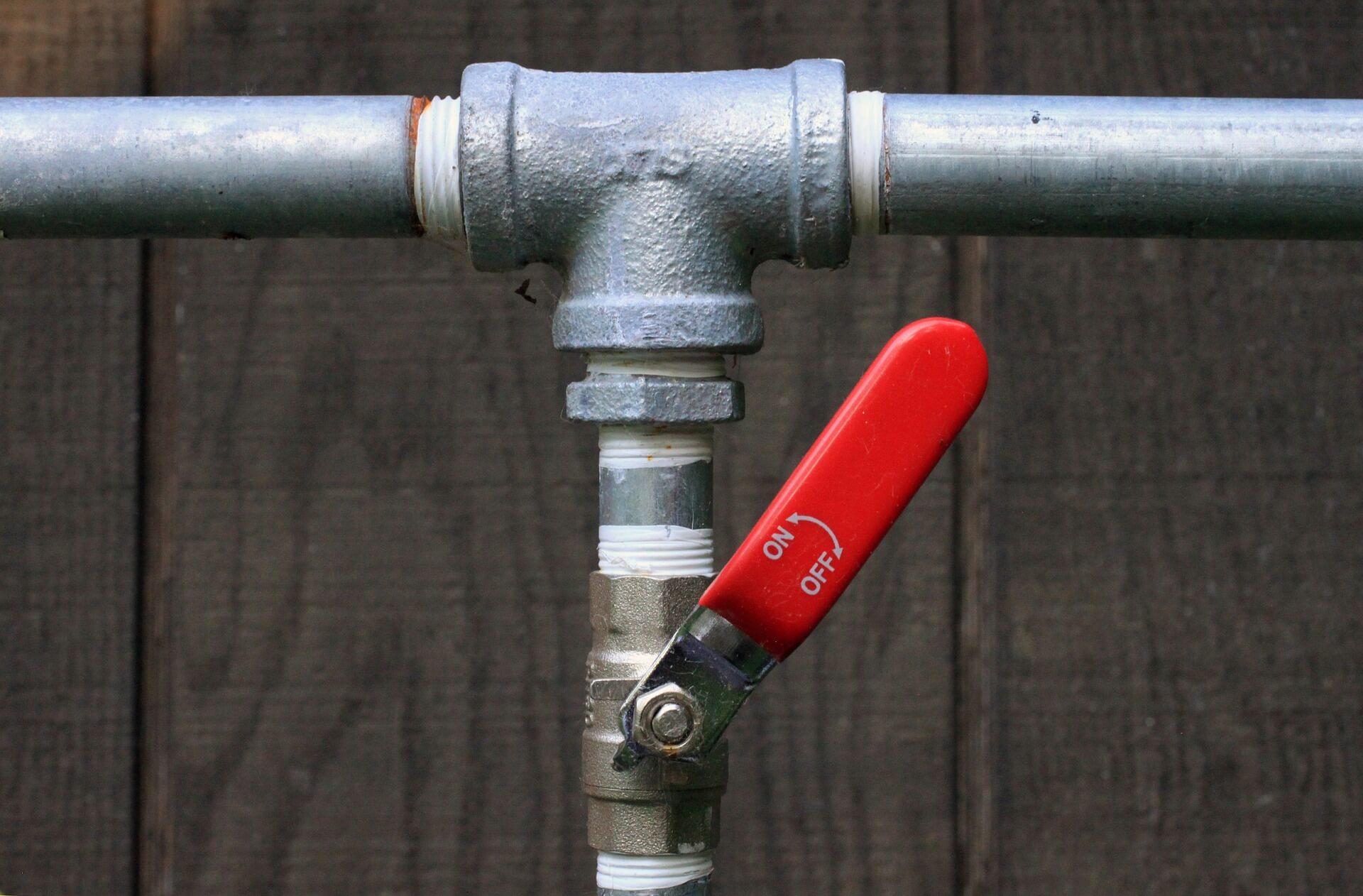

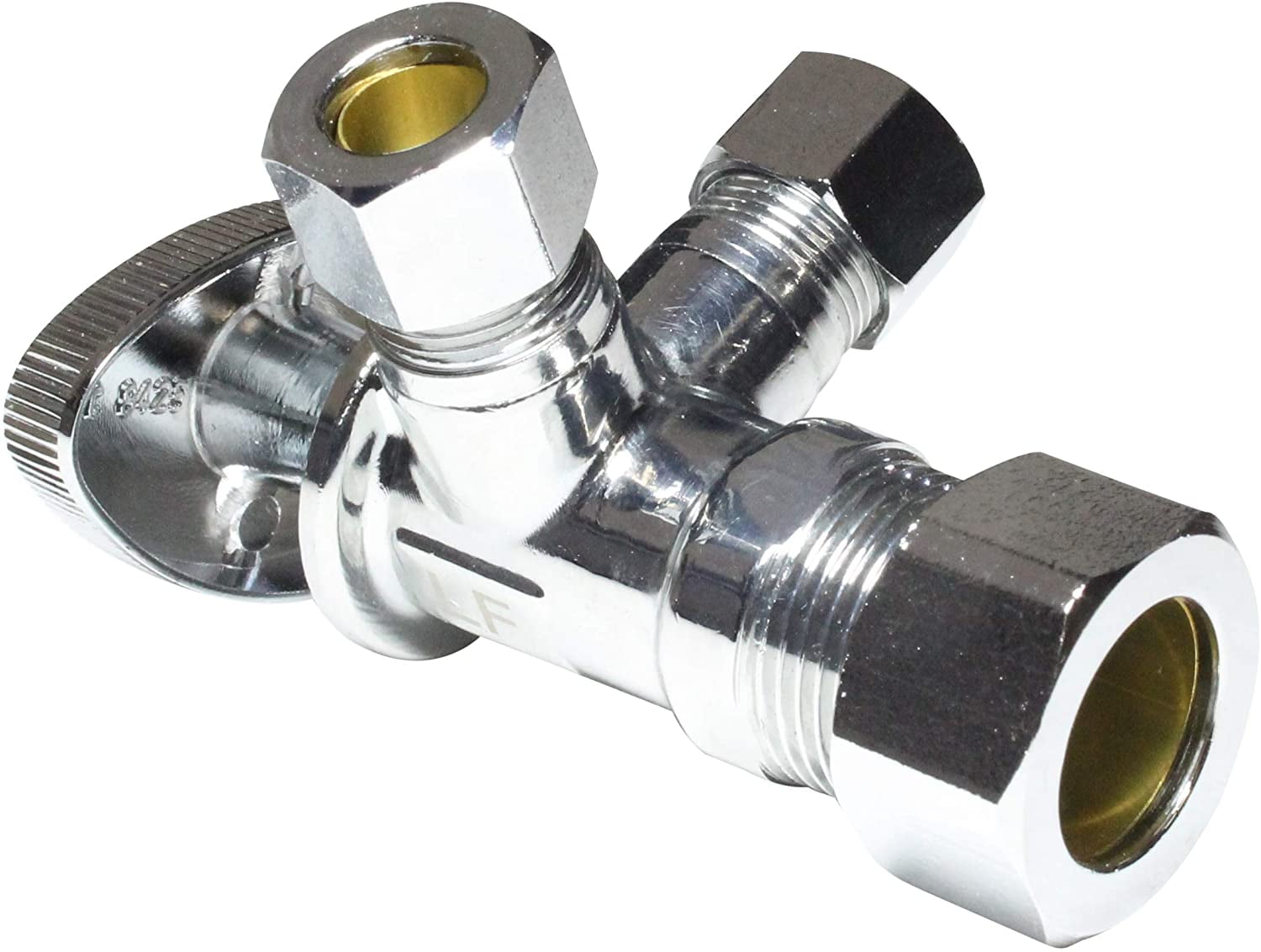








/93097679-56a73c295f9b58b7d0e81657.jpg)
/testing-water-pressure-in-your-home-2718692-hero-98f45508ca5d44b6b551034ac5cedab5.jpg)
:max_bytes(150000):strip_icc()/testing-water-pressure-in-your-home-2718692-04-c37ab3236d0d4b61b87079ebf9ef823e-c1e1ef0104fb44778a287bd9bb5ec140.jpeg)
:max_bytes(150000):strip_icc()/the-men-s-hand-opens-the-ball-valve-on-the-collector-1006810456-5c5fc73fc9e77c000159c4af.jpg)

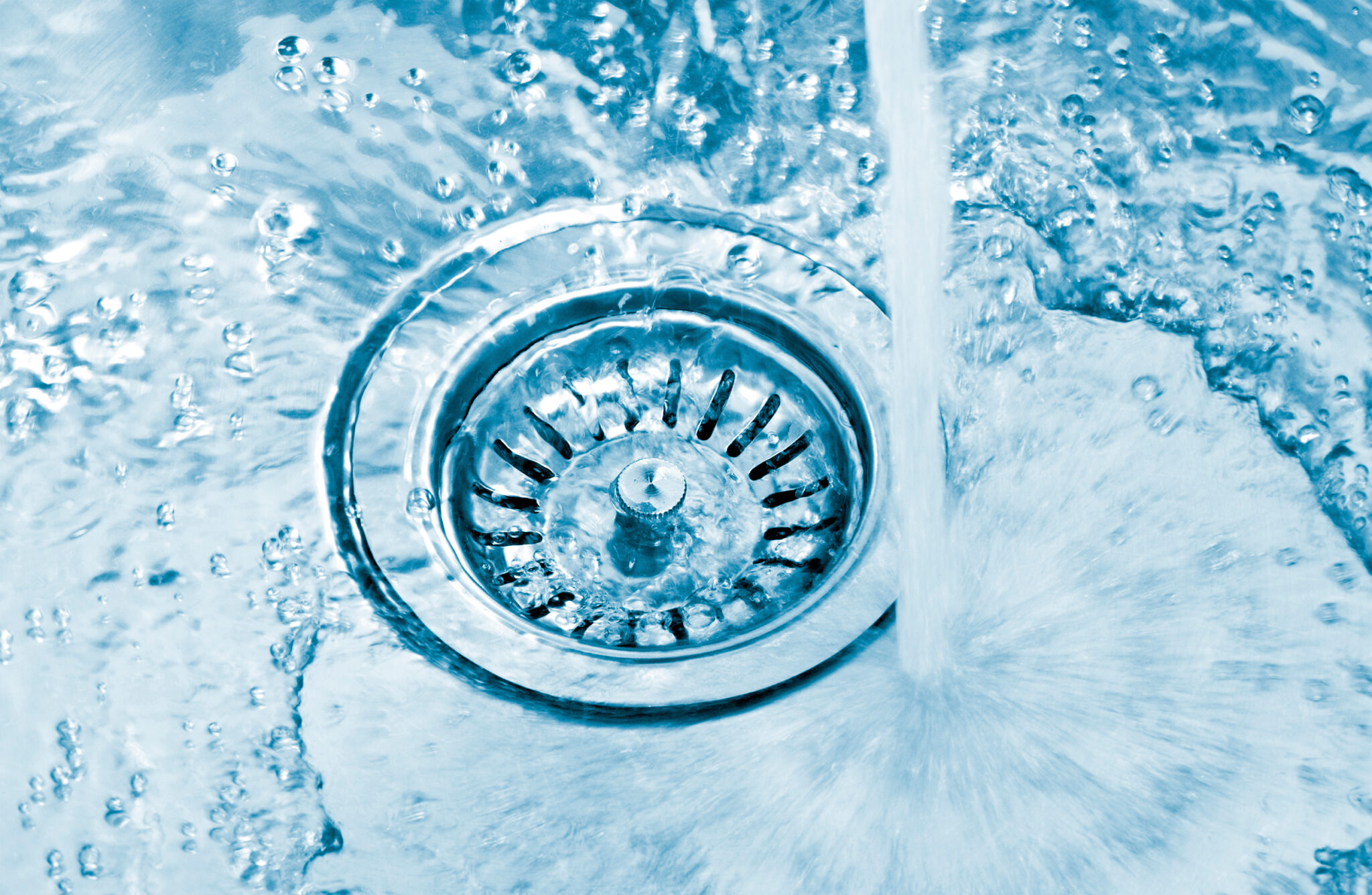
/JodiJacobson-waterpressure-5b9bf850c9e77c0050a2d8aa.jpg)






